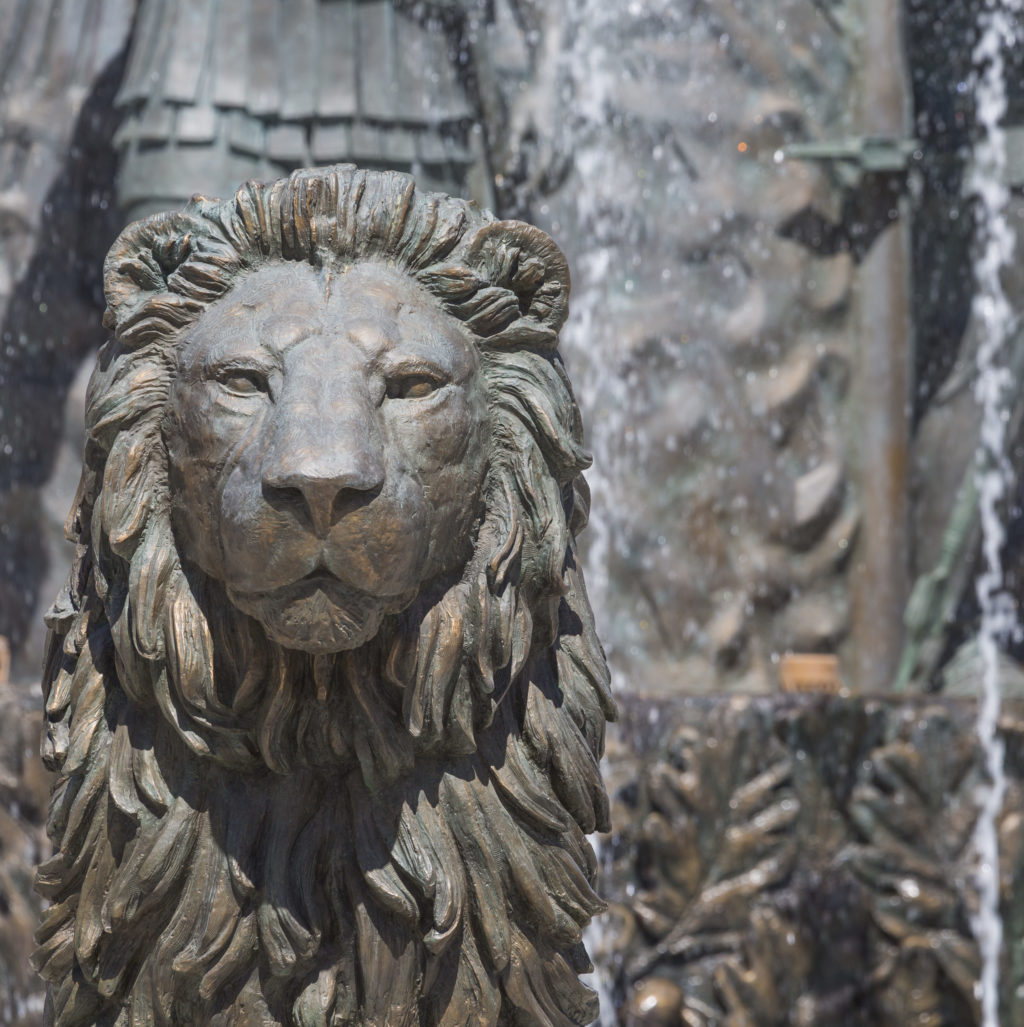Many people dream of financial empowerment but few have the tools to get there. As it turns out, building a good life is not as much about making more as it is about planning, and leveraging what you’ve got. My passion is to provide you the know-how to get from where you are now to where you’d like to be, starting with these seven questions:
-
What does it cost to live my good life?
Believe it or not, you can put a price tag on the life of your dreams. In fact, you should. Once you know what it will cost to live that good life, you can take steps to make it a reality.
-
What is my total monthly living expense?
Forget about your good life for a moment. Forget about the little luxuries that make all that work worthwhile. Right now, all I want you to think about is the absolute must-pay expenses in your life. These are things like food, utilities, rent/mortgage, etc — required living expenses. It’s important to understand what these are so you know how much to save up in case you lose your income. I recommend having 6 months of living expenses saved in case you get laid off or become ill.
-
What is my net worth?
“What am I worth?” is a big question. I just want you to think about the financial side of it for the moment. While most accountants will define net worth as the sum of your assets minus your liabilities, I take a different track. I think of net worth as the income-producing assets (i.e. stocks, bonds, real estate) you’ll use to support yourself if you lose your income. Which brings us to…
-
How much money do I want to have each year upon self-actualization (retirement)?
Some people plan to have $1,000,000 when they stop working to sustain themselves. That’s a fine goal, but I prefer to think about planning for self-actualization in terms of yearly income (as opposed to lump sum). At that point, you’ll be relying on the income-producing assets I mentioned above. Most experts recommend pulling about 4% to 5% from these income-producing assets each year after you retire. So, if you have that $1,000,000, you can pull an income of about $50,000 per year. If that’s not enough per year, you’ll need to have more than $1,000,000 invested.
-
Where is my money going each month?
This is SO important! My Kashflow System categorizes expenses into eight buckets: Taxes (if you’re an entrepreneur), Wealth (investments), Wellth (preventative self care), Living/Luxury, Rainy Day, Education, and Dreams. A huge part of what I teach people is to understand how their money is currently being allocated to these expense buckets, and how it SHOULD be allocated to ensure their long-term financial freedom (and livelihood!).
-
How much debt do I have? (And what’s my plan to pay it off?)
Ralph Waldo Emerson said, “A man in debt is so far a slave.” I believe this is true. It is impossible to achieve financial freedom if you are in debt. And that’s why a cornerstone of my Kashflow System is debt payoff. No matter how much debt you have, it IS possible to pay it off and in a reasonable period of time.
-
Am I prepared for the unexpected?
Do you have insurance? Do you have a rainy day fund? Being prepared for the unexpected is what protects us from financial ruin and lets us live a good life without the stress of uncertainty.
You can do it!
This may all seem overwhelming, but I assure you that it is completely manageable. My team and I can take you through it, step-by-step, if you’d like our help. To set up a 15-minute call with our CFP, Whitney, send us an e-mail at support@wealthywellthy.life!





